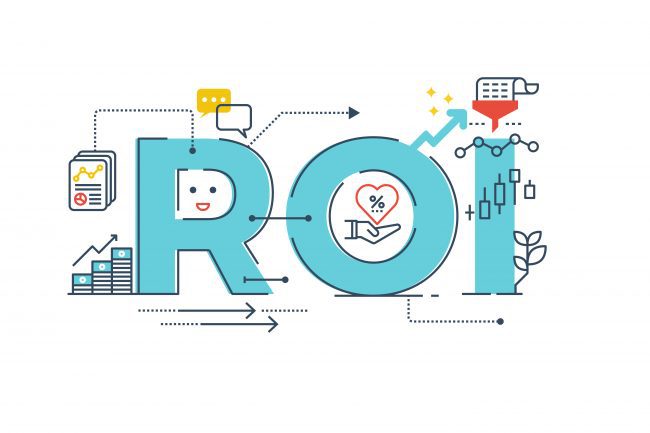A talented and motivational leadership team often underpins successful businesses, and without this team of individuals, many organisations would struggle with employee motivation, talent retention and effective succession planning.
In the modern workplace, training potential leaders can be difficult, as traditional training methods call for face-to-face sessions out of the office. This type of training often proves inefficient for companies, due to the cost and inability to let senior members of staff out of the office for prolonged periods of time.
Experiential leadership training can help combat these issues, through the development of personalised learning plans that are focussed on the individual, allowing learning to take place at their pace.
What is experiential leadership training?
Experiential training is the process of learning through experience, which is particularly beneficial for potential leaders. Experiential leadership training helps bring real-world experiences into a controlled environment, with the opportunity for the individual to navigate anything they may encounter when they progress into leadership, thus effectively preparing them for their eventual succession.
There is also the opportunity for members of the senior leadership team to get involved with experiential leadership training. They can help guide the individual through scenarios in a controlled environment, knowing that what happens during training will not affect the broader company. Furthermore, this training can give senior management a better indication of what kind of leader the individual will eventually become.
Benefits of experiential leadership training
There are many benefits of introducing a new experiential learning strategy to a business or incorporating experiential learning into any pre-existing leadership training strategies.
Flexibility
Being able to undergo experiential leadership training in an environment outside of the classroom can prove useful for the individual. Digital resources are readily available, meaning that training is flexible, which can help alleviate pressure. Moreover, the individual can feel supported in every step of their learning.
Cost-Efficiency
Despite the progression of management training in recent years, it is still costly to rent out space or conduct face-to-face training by bringing an external trainer into the business. The use of digital resources can provide a more cost-effective alternative to face-to-face training, without compromising on the quality of learning provided.
Impact on Leadership
Experiential leadership training is a perfect opportunity for potential leaders to reflect on the decisions they make within the safety of a simulation – since these exercises will have no consequence within the business.
The use of these exercises enables individuals to attempt courses of action they may be apprehensive of trying in real life, thus giving them the confidence to make the right decision in the future.
Accelerated Development
By using experiential leadership training and practising reactions to scenarios, potential leaders will be able to react quickly and appropriately to real-world situations that arise in the workplace, meaning that the individual is more likely to quickly settle into their new role within the senior leadership team. They will be well-rehearsed and adequately equipped to deal with anything, whereas other candidates may not have the confidence to act on their intuitions.
Ultimately, experiential leadership training gives individuals the opportunity to find new solutions to problems and incorporate these lessons into everyday life.







